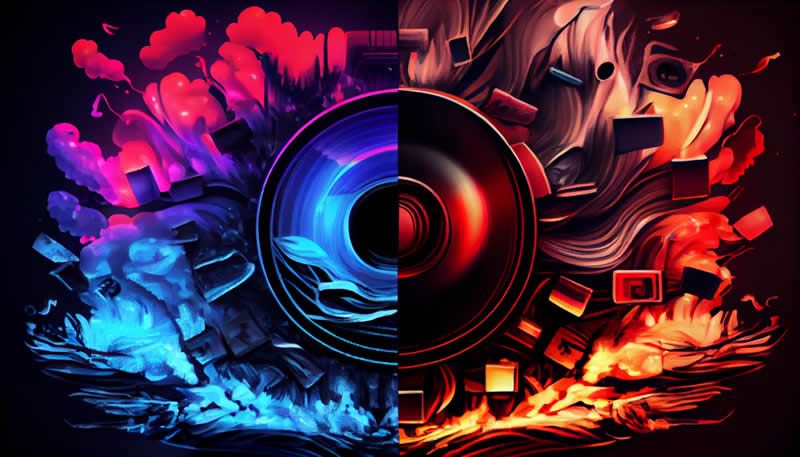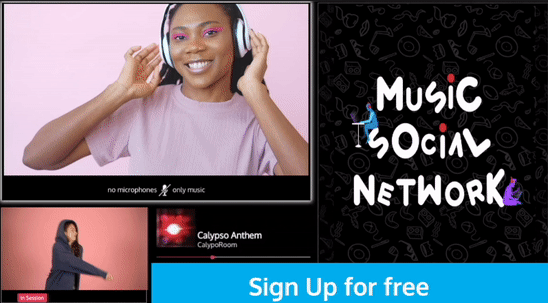Choosing a record label Vs. working as an independent artist
In the contemporary music business, it's becoming simpler to publish your songs and launch a music career without a record label's support. Without the aid of a label, more independent artists are becoming well-known than ever before.
The way musicians release music and connect with listeners is evolving as a result of digital music distribution, streaming platforms, social media, online marketing tools, and technological improvements.
Chance the Rapper is an excellent example of an independent artist who seen major success without signing with a record label.
His 2016 mixtape, “Coloring Book” earned him three Grammy Awards, including the award for “best rap album”. It became the first streaming-only album to win a Grammy Award. It also peaked at number eight on the Billboard 200.
You could wonder at some time in your musical career whether you should release music on your own or work with a record label.
This article compares the benefits and drawbacks of signing with a record company versus releasing music independently.
Music release as an independent artist
The PROs
1. Complete creative control: Independent musicians have total authority over the course of their music. Additionally, they are in complete control of the distribution, marketing, artwork, messaging, and other factors.
A self-employed artist also has the freedom to choose how to carry out their artistic idea. For many artists, it's the ideal situation.
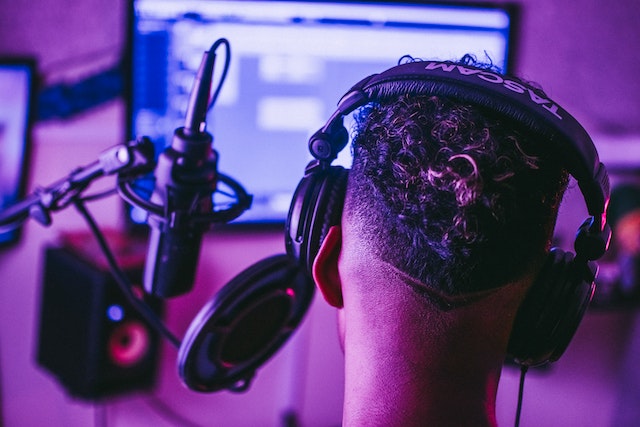
2. Independent artists keep 100% of the money they make from music sales, streaming, licensing partnerships, product sales, and other sources of income.
3. Complete ownership of your music: Independent musicians are the sole owners of the music's master rights. They are free to discuss publishing and music license agreements as well.
They also won't have to stress about signing over their music rights or dealing with murky contracts or pricy attorneys.
4. The digital era has brought a multitude of music services and tools for independent artists. Online music services are available to musicians. The creation of products, promotion, streaming, and other services are available to musicians.
A new audience can be easily reached by musicians thanks to the internet. No longer do they need a record deal to distribute their music to streaming services, music platforms, and digital music stores.
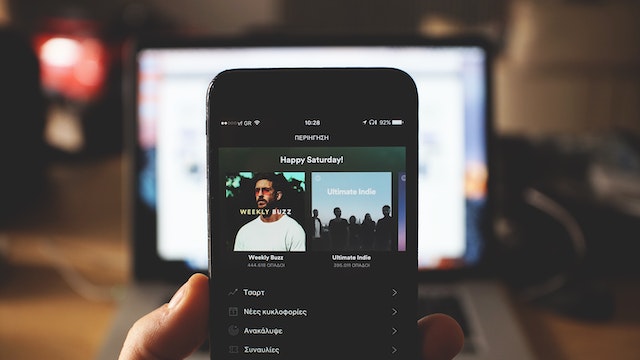
The CONs
1. Budget and resource constraints: Funding mastering, distribution, marketing, merchandise, touring, and other expenses are expensive.
2. When independent artists start their careers, they have a limited number of fans and connections with industry professionals. Record companies have a larger fanbase and connections with promoters, booking agents, media, etc.
3. The music industry can be a tough place. It takes time to learn the ropes, and there's a lot to manage, from laws about copyright to trends in the industry.
4. Time constraints: Spending time on self-releasing your music means less time to focus on making it.
You have to set up distribution, create all the release assets, develop a marketing strategy, track sales, book shows, and everything else associated with releasing music—all while trying to make the best music possible.

Music release with a record label
The PROs
1. Recording and releasing a record can be expensive. Large, established record labels have the funds and resources to help artists with many aspects of the process, but they may not be willing to provide financial assistance for all of them.
2. When you sign with a label, they'll have connections to booking agents, music venues, publishing companies and other music industry professionals.
3. A lot of labels have connections and reputation in the music industry. They have a good chance to license and publish, play shows at larger venues, get media coverage, get radio plays, etc.
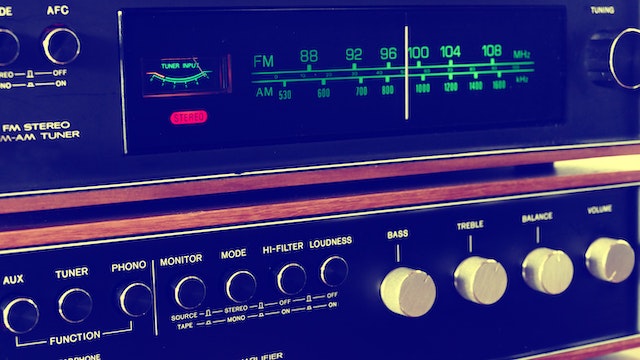
4. Your music career can benefit from signing with a record label in several ways. It might get you access to a sizable email list or a potent social media following, for instance.
Additionally, it can increase your sales and help you gain new customers. A label will have knowledge of the music business.
The CONs
1. A record company gains authority over your song when you sign with them. Without your consent, the label is able to negotiate deals and make decisions involving your music, although the scope of their authority depends on the contract.
2. Labels not only keep a portion of the money made from music sales, streaming, licensing agreements, and other sources of income, but some labels also use the royalties from music sales to pay for mastering and marketing materials.
3. The master rights to your music are given to the label when you sign a record deal. They are able to arrange contracts for your music publishing and licensing without your consent as a result. Profits from these transactions are not always distributed equitably.
4. Dealing with complex contracts and pricey attorneys is a requirement for signing with a major label.

Choosing a record label Vs. working as an independent artist - Conclusion
As with everything in life, choosing to sign with a label or remain independent has both benefits and drawbacks.
What's important to you—freedom and control? The wisest option would then be to maintain your independence.
If, on the other hand, you are searching for visibility and assistance with marketing your music, partnering with a label and letting them handle their responsibilities may make more sense.
The competition in the music business is fiercer than it has ever been, and an artist—more than just an artist—should have a thorough understanding of the duties and resources required to succeed in such a ruthless environment.
Are you looking for a fresh and exciting approach to market your music and interact directly with your audience online? Or are you a music lover eager to search online for like-minded individuals who share your musical preferences?
If so, give CalypsoRoom a try, and if you are a music artist/label, think about uploading your music to it as well. It's free, you retain full ownership of your copyright, and you will be compensated if your music is used in a video music session.
Thanks for reading,
CalypsoRoom Team
Frequently Asked Questions
What are the benefits of signing with a record label?
Access to professional recording studios, help with marketing and promotion, backing for tours, and potential distribution through major sources are just a few advantages of signing with a record label. In addition, record labels might be able to offer advances or other forms of financial assistance to assist with the expenses associated with making and distributing music.
Are there any downsides to signing with a record label?
The decision to sign with a record company may have certain drawbacks, indeed. For starters, the artist can have less creative freedom over their song since the label might wish to alter it to fit a particular market or trend. Furthermore, record companies sometimes take a large amount of the money made by an artist's song, which can have an effect on their overall profits. Last but not least, some artists could experience pressure to give up on their principles or creative vision in order to appease the company or appeal to a larger audience.
What does it mean to be an independent artist?
As an independent artist, you are in charge of writing, producing, promoting, and releasing your own music because you are not tied to a record company. The artist may have to put in a lot of time and money to achieve this, but it may also provide them greater creative flexibility and career control.
What are the benefits of being an independent artist?
Independent artists may develop their own voice and vision without external interference, and they have total control over their creative output. Independent musicians may also have greater influence over their profits because they are not required to contribute a record company a certain proportion of their revenues. Lastly, independent musicians now have more options than ever to reach a large audience without the assistance of a big label because to the growth of digital distribution channels and social media.
Are there any downsides to being an independent artist?
Undoubtedly, there may be some drawbacks to being a self-employed artist. One reason is that creating and distributing music on one's own may be expensive, and many independent musicians find it difficult to support their careers. Therefore, it may be challenging to enter established music markets or to gain extensive exposure without the backing of a large label. Finally, it may be more difficult for independent musicians to create high-quality music since they do not have access to the same tools and mentorship as those who are signed to record labels.
back
Written by CalypsoRoom Editorial Team
The CalypsoRoom Editorial Team is a skilled and diverse group of writers, researchers, and industry specialists who have access to Calypso's data and information in order to give you broad knowledge about the music industry as well as helpful advice to help you manage your music and dancing career.
Updated January 2023
Company number: 681223
James's Walk 31, Dublin, Ireland
contact@calypsoroom.com
+353 (89) 435 8928

